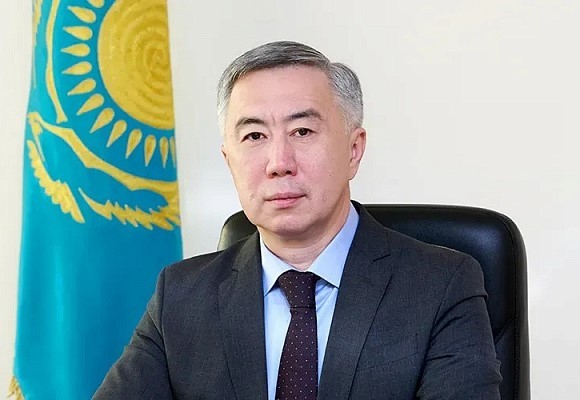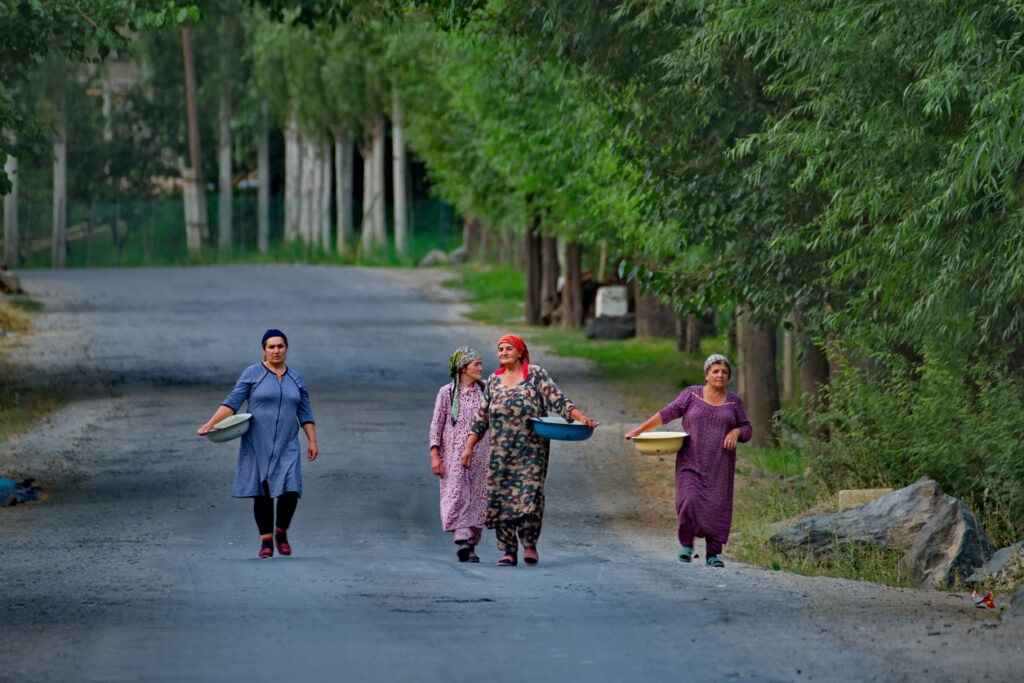BISHKEK (TCA) — A Government performance can be assessed by how it takes care of the elderly.
According to official data, the average monthly pension in Kyrgyzstan is 5,120 soms ($74) and the minimum pension is 1,800 soms ($26). About 42% of the retired Kyrgyzstanis receive pensions below the average cost of living which was 4,794 soms in 2016, the Social Fund said. There are 456 thousand pensioners in the country.
The average cost of living is the cost of the minimum set of food products, goods and services necessary for a life in this country.
After deducting non-food products and services (which according to the National Statistics Committee of Kyrgyzstan total about 2,000 soms) from the average monthly pension of 5,120 soms, around 3,500 soms remain for food (a little more than 100 soms or $1.5 per day).
Such meager pensions would be enough for persons who are never sick, never repair their housing, do not buy clothes and footwear, do not use the Internet, and refuse from travel and good food.
Fortunately, there is a tradition in Kyrgyzstan to care for parents, and many children support their elderly parents. But elderly people who have no close relatives have to fight for survival.
Big difference
Pensions are distributed very unevenly in Kyrgyzstan. The average pension is 5,120 soms and the maximum one is 100 thousand soms per month, the Social Fund said. Retired prosecutors and military have the highest pensions. The amount of a pension generally depends on the amount of monthly payments to the Social Fund a person made during his or her career.
A former head of the Constitutional Court, for instance, gets a pension in the equivalent of about $1,000 per month, while a school teacher who has worked for 29 years would receive a 2,900-som pension per month, said PMs and offered to raise the pensions for teachers.
Almost every second of the Kyrgyz pensioners has a pension of less than 10 thousand soms. Kyrgyzstan’s pensions are the lowest among the former Soviet countries.
Shadow economy
The shadow economy and informal recruitment have led to the fact that many retired receive low pensions. The pension system depends on the number of people making contributions to the Social Fund. According to official data, the shadow economy in the country accounts for 40-60% of GDP.
Every third Kyrgyzstan’s citizen of the working age is not employed officially, the National Statistical Committee said. As a result, the entire burden of responsibility for the elderly falls on of the remaining 800 thousand officially working citizens.
According to the Social Fund, only 1.3 persons are working for each pensioner in Kyrgyzstan, while in Western countries three persons work for every retired.
A golden age?
Life after retirement is often called a “golden age” in developed countries, because people can relax and enjoy their life without obligations to their employers and adult children.
However, it is not the case for Kyrgyzstan.
According to the National Statistics Committee, the average life expectancy of men in Kyrgyzstan is 69 and of women 76 years, while men can retire at 63 and women at 58. Prior to retirement, they should hardly rely on the state but also save money for a rainy day.
MPs proposed to use the world experience and consider introduction of the pension inheritance system which is widely used in Europe, the US, and Canada.
In Russia, for instance, the average base pension is about 8 thousand rubles per month but due to bonuses and grants provided by regional authorities, it can grow up to 15-18 thousand rubles (as the costs of living differ significantly in various regions of Russia).
The minimum pension in Kazakhstan will increase to 45,711 tenge ($140) this year. The average pension will rise from 55,154 tenge ($170) up to 66,721 tenge ($205) per month.
Elderly people in China enjoy huge benefits including partial or full exemption from payment for municipal services, free public transport services and free entry to public places. There are special dining rooms and shops for the elderly.









